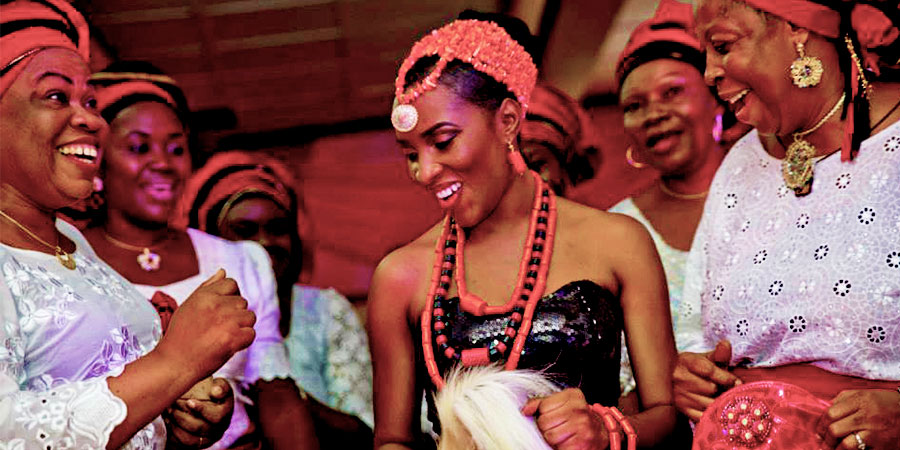
Returning Our Daughters Home; Our Customs And Traditions
Diary of an Idoma lady
The Idoma people have so many customs and traditions which bid our people together and to the modern generation (21th century generation) it seems overbearing especially to the female gender. Most of these customs are gender sensitive and applied mostly to the female gender
Daddy girls even after marriage still prefers to be buried beside their father since he was their first love.
From the popular “alekwu”; to our married Idoma women who after death must be returned to her father’s house to be buried. It doesn’t matter if it is to an Idoma man or an outsider. It is believed their daughters are not sold out by their fathers and their place is always in their father’s houses and such must be returned there after death, unlike some traditions that say the wife belongs to the husband and should be buried in his compound.
There are a lot of stories and myths, of how the woman’s kinsmen threatened to cause serious problems if her corpse is not released to them for burial. Even more serious cases her kinsmen stealing her remains from her husband who refused to release his wife’s corpse.

- Idoma people of Benue State
- Igede is not Idoma, we are not historical, biological or cultural related
- The unique Benue ‘Black and Red’ Idoma colours
What if I want to be buried in a cemetery in the city where my loved ones and friends could often visit and send flowers.
A young Idoma girl is taught these traditions at home and also while growing up and she must have seen a married aunty been brought back home to be buried in the family house (extended family house). To some, it is a normal way of life, especially the daddy’s girl even after marriage still prefers to be buried beside their father since he was her first love. Some other ladies don’t seem to bother about these traditions since it happens after they are gone (who cares what happens after I am gone) others see it as a normal way of life until education, socialization, modernization, begins to change her ideology.
She begins to ask herself certain questions like; what if I want to be buried beside the love of my life (her husband) and not beside my father; what if traditions of my husband forbids it; or what if I want to be buried in a cemetery in the city where my loved ones and friends could often visit and send flowers rather than travelling all the way to visit my grave in the village. An Idoma woman cannot ask these questions because her customs and traditions forbid her.

Dee kay
The title is not clear
Ig
Very lovely article, it’s a Good read. Thanks for making know more about my culture… Godbless sunshine
Benjamin Esther Yamma
Wow….its indeed confusing for me. Anyway am not an Idoma but if I were, I would prefer been buried by my husband people.
Angela Omaji
The 21st century idoma lady will prefer this too but traditions are traditions.
Ameh SA
My culture, my pride.
No matter how far you go, your father land is your Ideal home.
Memories
Please what are the teenage rite in idoma land
Angela Omaji
@Bishop Alfred. Interesting, I honestly didn’t know we share this tradition with Ejagham people of Republic of Cameroon. Thanks for sharing.
Mazi Nkpor
Wao….Nice article, but I’m backing off.
So an Anambra man get married to idoma lady, if happen the man pased away b4 the lady, the children will have to suffer taking their mother’s cop home to be buried. Culture !!
Angela Omaji
Sadly her children will have to go through the stress of bringing her home. But on a brighter note, they get to visit their mom’s village and learn about her people and culture.
Winifred
An interesting & well written article. It throws more light on the idoma traditions.
Angela Omaji
Thank you
Bishop Alfred
Wow I thought this tradition is practiced or hold only by the Ejagham people of Eyumojock Subdivision in Manyu Division of the Republic of Cameroon, I never knew it can be found also in Nigeria, the world is just a global village.
Angela Omaji
@Bishop Alfred. Interesting, I honestly didn’t know we share this tradition with Ejagham people of Republic of Cameroon. Thanks for sharing.
Rachael Ebute
What if they are outside the country
Angela Omaji
@Racheal Ebute, Some people still bring the remains of their loved one who died outside the country to be buried in their ancestral homes (Idoma land) but in cases where that might not be possible i think are other traditions for such conditions.